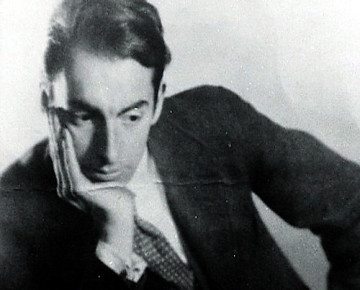‘Neruda was a kind of Midas. Everything he touched turned to pure poetry.’
– Gabriel Garcia Marquez
Pablo Neruda, one of the greatest poets of the past century, had an emotionally and politically charged life. Neruda’s work ran into thousands of pages. He was prolific and intense; and his poetry, even in translation, retains its emotional fervour, its torrential intensity. Whether he was writing the saddest lines, explaining a few things, or talking about the battles of true love, Pablo Neruda is stunningly evocative.
In his Memoirs, Neruda recounts the experiences that made and unmade him, expressive as always even in prose. One of these is the story behind his first poem: Neruda recalls the characteristic emotional turbulence that led him onto writing his first poem:
Once, far back in my childhood, when I had barely learned to read, I felt an intense emotion and set down a few words, half rhymed but strange to me, different from everyday language. Overcome by a deep anxiety, something I had not experienced before, a kind of anguish and sadness, I wrote them neatly on a piece of paper. It was a poem to my mother, that is, to the one I knew, the angelic stepmother whose gentle shadow watched over my childhood.
I had no way at all of judging my first composition, which I took to my parents. They were in the dining room, immersed in one of those hushed conversations that, more than a river, separate the world of children and the world of grownups. Still trembling after this first visit from the muse, I held out to them the paper with the lines of verse. My father took it absentmindedly, read it absentmindedly, and returned it to me absentmindedly, saying: ‘Where did you copy this from?’ Then he went on talking to my mother in a lowered voice about his important and remote affairs.
That, I seem to remember, was how my first poem was born, and that was how I had my first sample of irresponsible literary criticism.’
The Memoirs of Pablo Neruda are a fascinating glimpse into the life of one of the world’s best poets, and the political and emotional experiences that underscored it.
Psst! Our free newsletter offers the greatest and the smartest ideas, essays, books and links in one convenient place. The emails you receive will be short, smart, and always interesting. Sign up here >>



